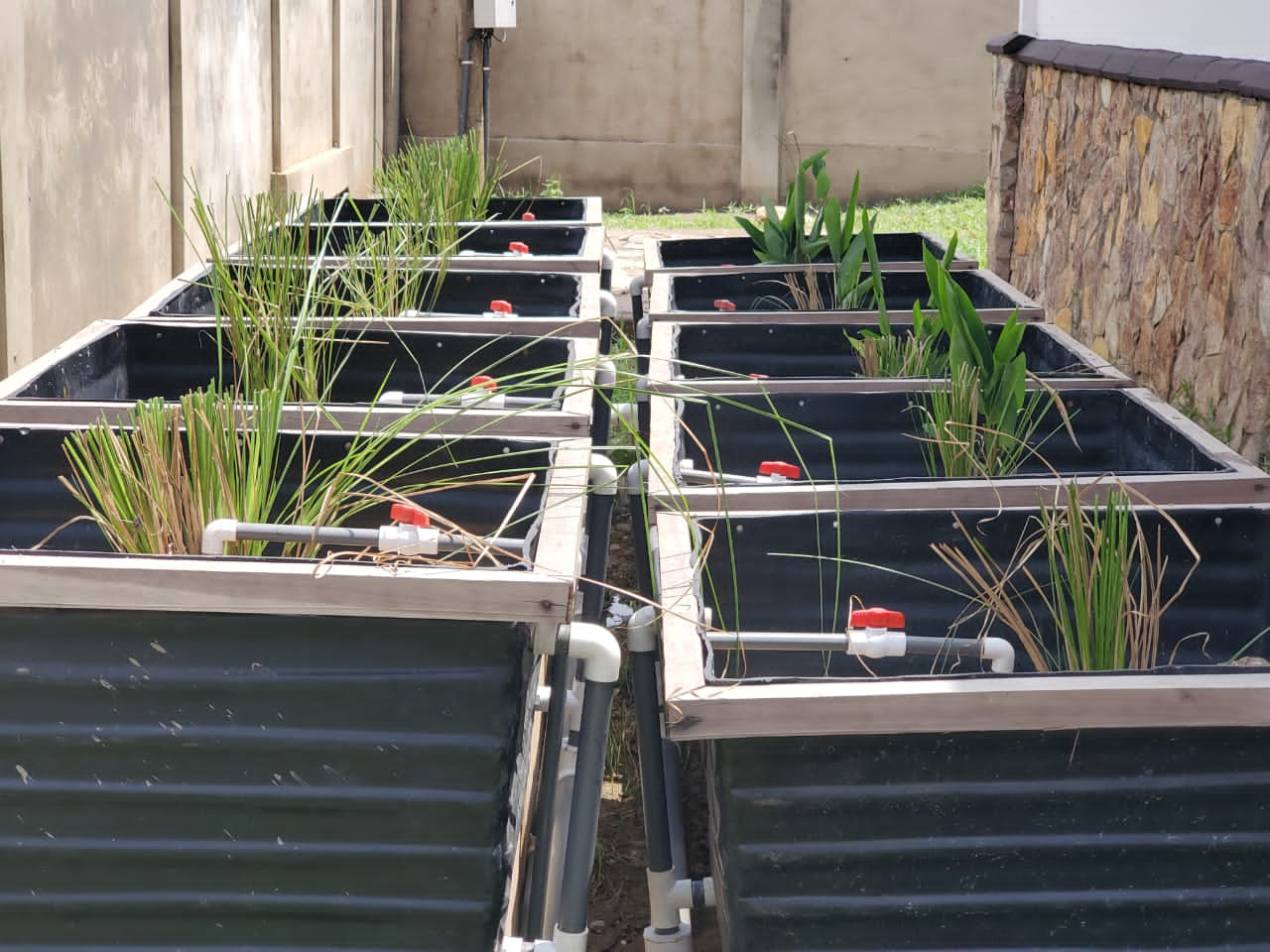As the world grapples with growing concerns over water scarcity and environmental degradation, finding sustainable solutions for wastewater management is of paramount importance. Let’s explore the innovative approach of rainforest treatment systems in transforming wastewater into a valuable resource. These systems, developed by pioneers in the field such as E.F. Anno Engineering offers a unique and sustainable approach to water management. By harnessing the power of nature, rainforest treatment systems not only effectively treat wastewater but also contribute to the preservation of water resources and the environment. Let’s dive into the transformative potential of sustainable water management with rainforest treatment systems.
The Need for Sustainable Water Management
Rapid population growth, urbanization, and industrial activities have led to an exponential increase in wastewater generation. Traditional wastewater management practices often fall short in addressing the environmental and health concerns associated with untreated or inadequately treated wastewater. It is crucial to shift towards sustainable water management practices that prioritize the conservation of water resources, protection of ecosystems, and the promotion of public health.
Revolutionizing Wastewater Treatment: Rainforest Treatment Systems
Rainforest treatment systems represent a transformative approach to wastewater treatment and water resource management. These systems draw inspiration from the natural purification processes that occur within rainforests, ensuring efficient and sustainable treatment of wastewater. By replicating the intricate web of interactions between plants, microbes, and soil in rainforest ecosystems, these systems offer a holistic and environmentally friendly solution.
Key Features and Benefits of Rainforest Treatment Systems
1. Natural Filtration and Biological Processes: Rainforest treatment systems utilize a series of natural filtration techniques and biological processes to effectively remove contaminants and pollutants from wastewater. These include physical filtration, biological digestion, and nutrient uptake by plants. The result is water that meets or exceeds regulatory standards for reuse or safe discharge.
2. Water Conservation and Resource Recovery: A distinguishing feature of rainforest treatment systems is their ability to conserve water and recover valuable resources. Treated wastewater can be repurposed for various applications such as landscape irrigation, industrial processes, or groundwater recharge. The recovery of nutrients from the wastewater can also be beneficial for agricultural purposes, reducing the reliance on synthetic fertilizers.
3. Energy Efficiency and Carbon Footprint Reduction: Rainforest treatment systems are designed with energy efficiency in mind. By utilizing natural processes and minimizing the use of energy-intensive techniques, these systems help reduce energy consumption and associated carbon emissions. This contributes to a more sustainable and climate-friendly approach to wastewater treatment.
Implementing Rainforest Treatment Systems: Challenges and Considerations
While rainforest treatment systems offer immense potential for sustainable water management, their implementation does come with certain challenges and considerations. These include site-specific factors, regulatory compliance, maintenance requirements, and community acceptance. Addressing these challenges and taking a proactive approach to system design, operation, and monitoring is critical to ensuring the long-term success and effectiveness of rainforest treatment systems.
Sustainable water management is essential for the preservation of our planet’s most precious resource. Rainforest treatment systems provide a revolutionary approach to wastewater treatment, transforming it from a liability to a valuable asset. By replicating the natural processes of rainforests, these systems offer multiple benefits, including efficient pollutant removal, water conservation, resource recovery, and reduced carbon footprint. As we face increasing water scarcity and environmental challenges, embracing innovative solutions like rainforest treatment systems will play a vital role in achieving sustainable and resilient water management practices. Let’s embrace the transformative potential of rainforest treatment systems and work towards a future where wastewater is no longer wasted, but a valuable resource for generations to come.

